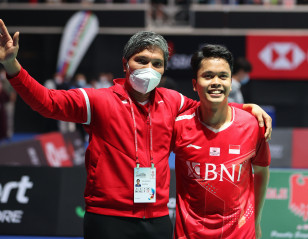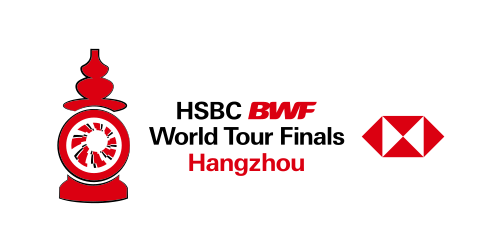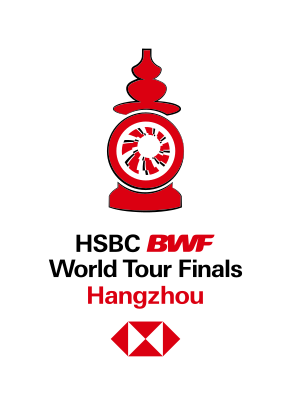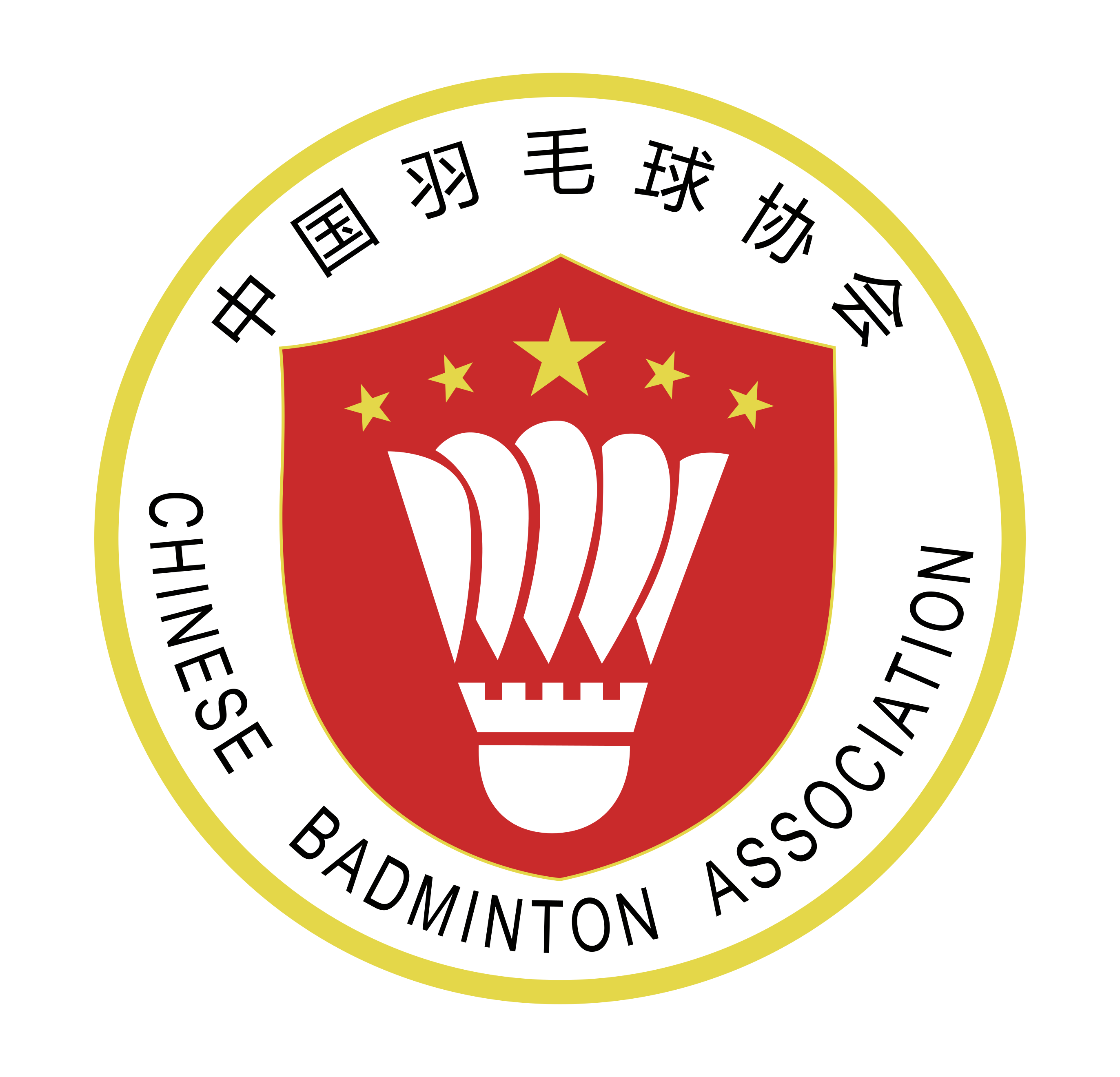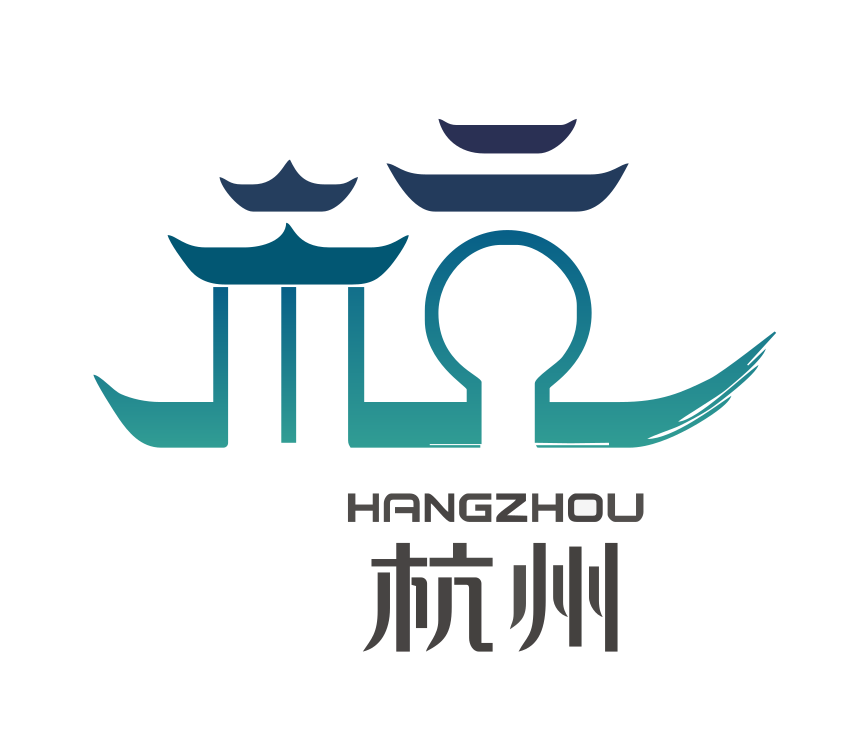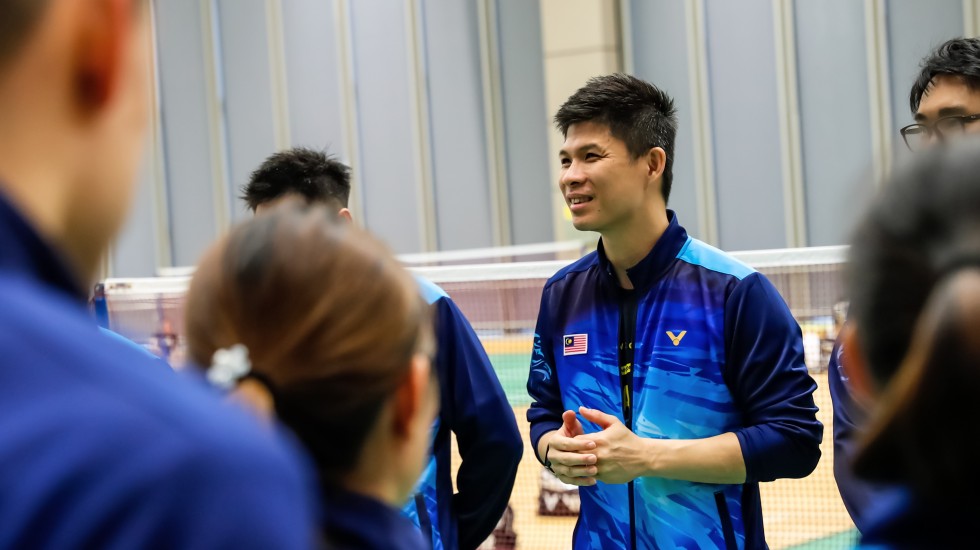
Choong Hann Underlines ‘Value Add’ During Lockdown Training
“Value Add” is a term Malaysian chief coach Wong Choong Hann uses frequently these days. He emphasises it while speaking of how the team is training during lockdown, without access to the resources that badminton players took for granted earlier.
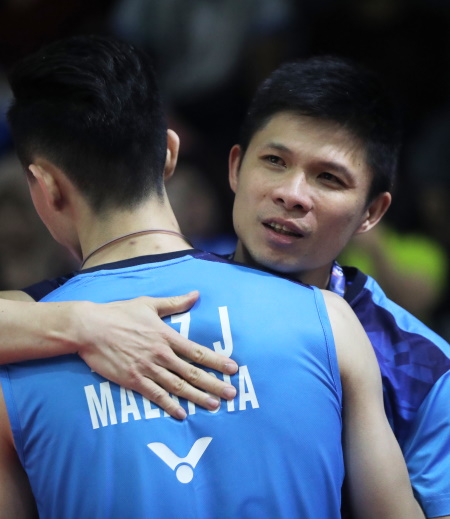 Wong believes that, while there are limitations on regular training, this is a good time to build abilities that were earlier put on the back burner.
Wong believes that, while there are limitations on regular training, this is a good time to build abilities that were earlier put on the back burner.
“We expect that we will not achieve our optimum level when we come out of this, but we do have time to build ourselves again, so we’re not too worried,” said Wong, who, like everyone else, is working from home and directing the team’s training. “At this point, we can look at different areas in practice, like the psychological side, because we have time to practice those things. This is the time we can give a value add to our programme.
“We have to think positive and engage proactively to make the best out of this. The scenario is the same for everybody, but whoever can create more value out of this situation will have extra mileage once the whole thing ends. So I think it’s about your habits of positive thinking that will guide you through. It’s a good time to let the players experience this and gain from it actually. The toughest challenges are the ones that help us grow. So I would approach this in a positive way.”
Early on during the lockdown, a programme was set for all players in the national team, with the coaches, strength and conditioning trainers, and other support staff asked to direct training through online platforms.
“We have different departments, but everyone in BAM (Badminton Association of Malaysia) is practising the same routine, with advice from strength and conditioning trainers,” said Wong. “The live programme is handled by the trainers, and our coaches are monitoring practice. We adjust the training from time to time. The training is mostly body weight exercises, and some technical practice with rackets. It’s a mix of one-on-one and group training.
“The technical coaches have to stay engaged with players and monitor the training and pinpoint some of the exercises. We can’t do too much now. We can do some footwork and shadow and visualisation movements, but you have to set priority on what you want out of every session.”
Players have responded well under the new circumstances. Men’s singles ace Lee Zii Jia said: “We have all the players and coaches training together everyday so it’s fun,” while his compatriot Aaron Chia added: “We have our endurance and anaerobic programme and we just follow the programme that the fitness coach gives us. It is not that hard.”
For Wong, who was formerly Malaysia’s men’s singles spearhead, this situation is not without precedent. He recalls the 2003 SARS epidemic, which disrupted international competition for a while.
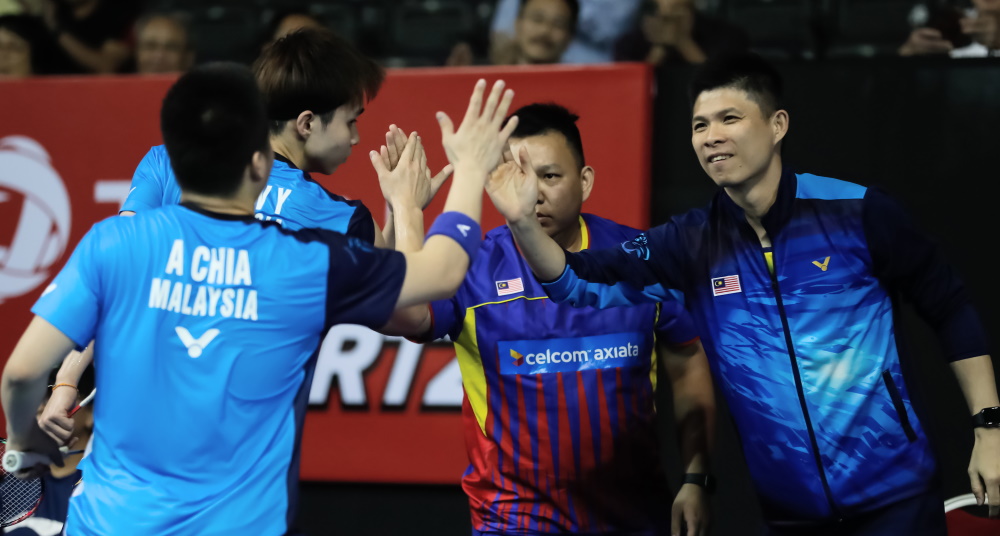
“As players we were not travelling, it was almost the same kind of pandemic, but it was not so severe,” says Wong. “We did have practice, but we did not have tournaments, so we created internal tournaments and some friendly matches with players from neighbouring countries.
“I’d also been out of training for a few months due to injuries. I just had to make do with rehab exercises and things like that. So these things test your patience and teach you a new perspective on how you handle it as a player.”
The lockdown has thrown up unexpected challenges. While, earlier, recovery between tournaments was a concern, these days it’s more about creatively using time.
“When you’re busy with a lot of tournaments, physical practice can consume you. Now when there is time for the body to rest, the mind will react more proactively,” says Wong. “So this is the time where we can engage our psychologists to be more proactive with the players, and try to put in some value add to them.”
BWF World Tour News
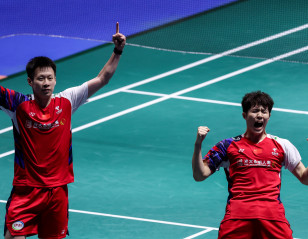
Singapore Open: Near-Perfect Day for China
2 June 2024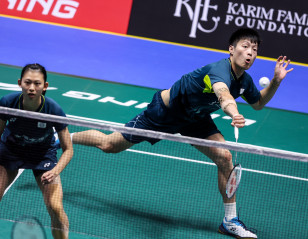
Singapore Open: Stability Drives Surprise Package
1 June 2024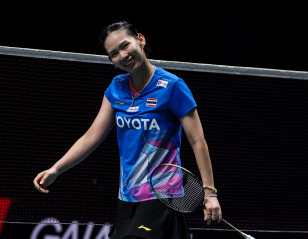
Singapore Open: Chochuwong’s Interesting Pattern Emerges
31 May 2024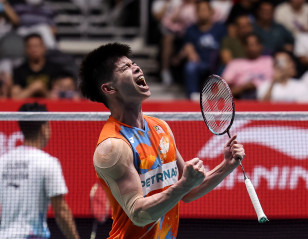
Singapore Open: ‘Proactive’ Leong Ends Ginting’s Two-Year Rule
30 May 2024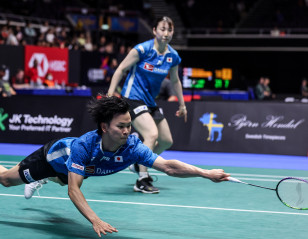
Singapore Open: Frontrunners Fall
29 May 2024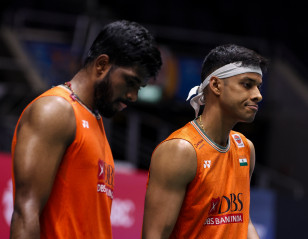
Singapore Open: ‘We Never Got Going’
29 May 2024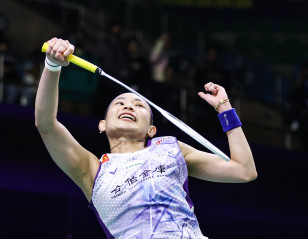
Indonesia Open: Three-Time Champ Tai Set to Return
28 May 2024